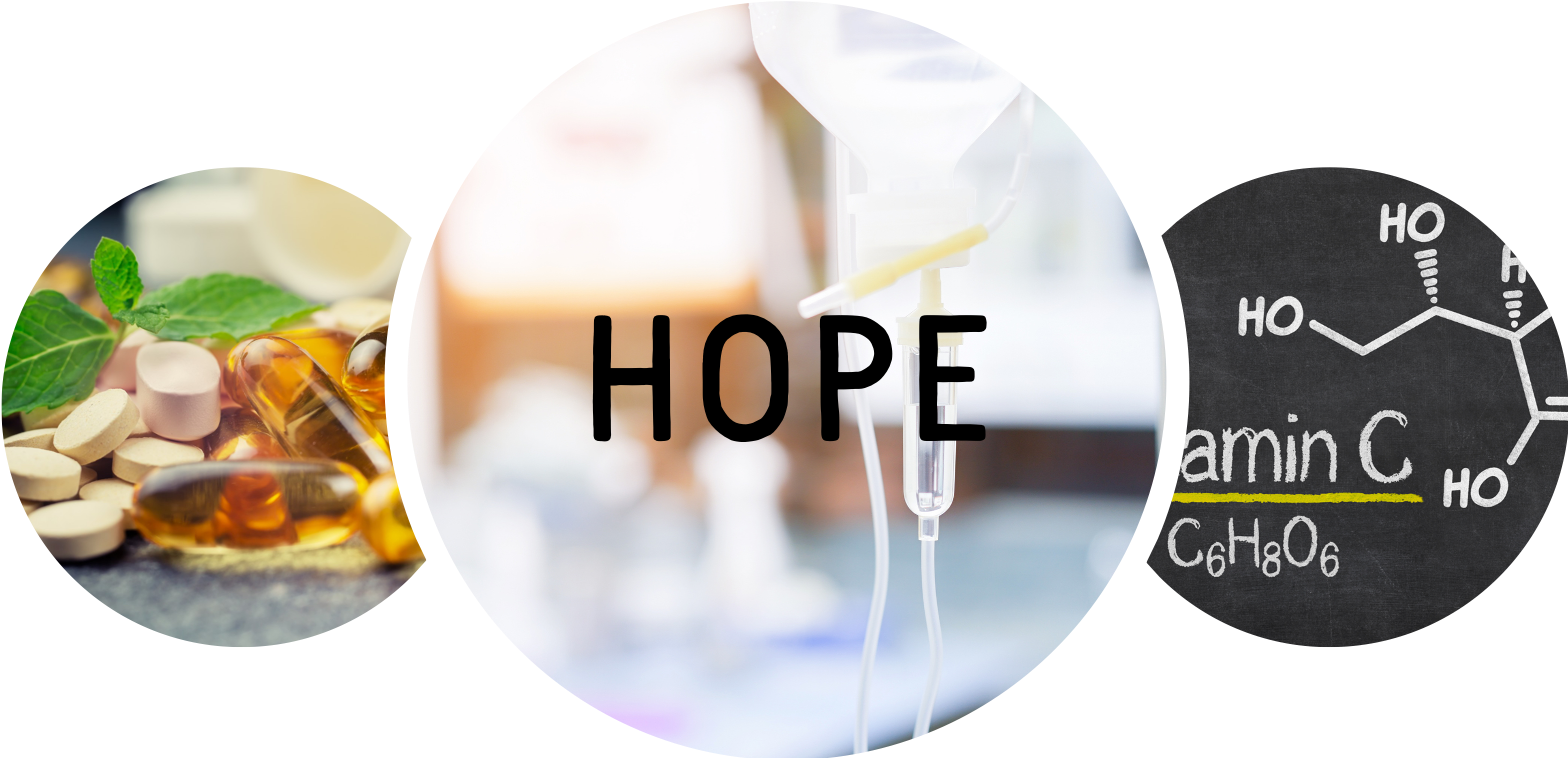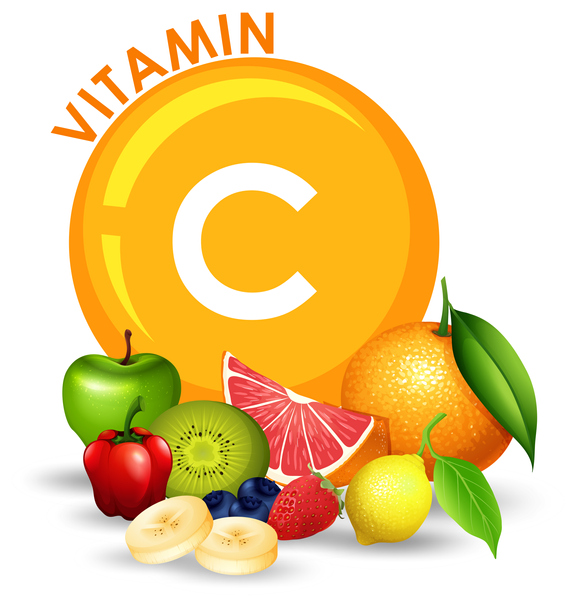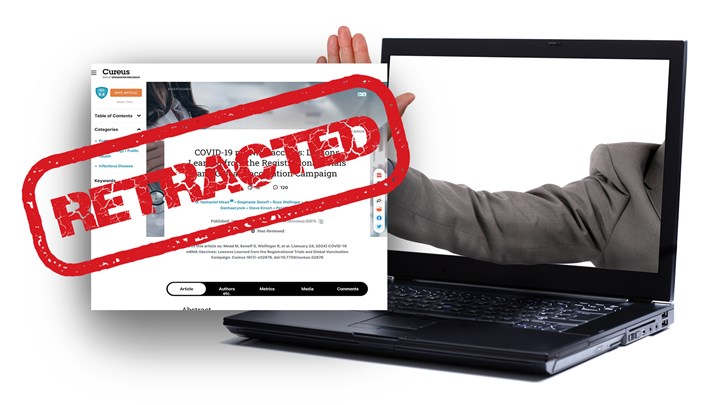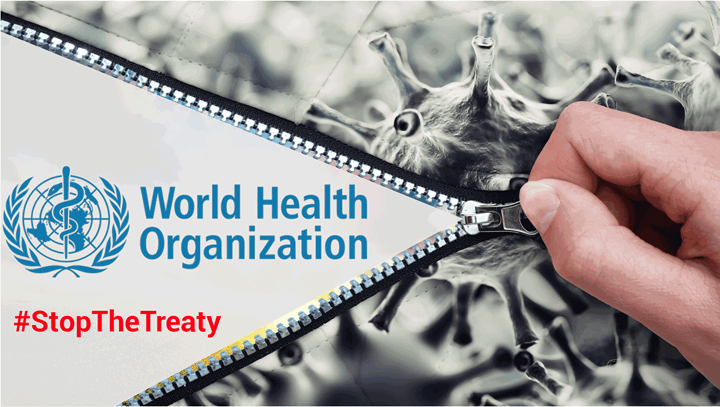Content Sections

>>> Read the full blog (Vitamin C saga: how a small expert group fought back against NHS misinformation) from Jerome Burne, investigative health journalist and author at HealthInsightUK
Whilst this summary of Jerome’s extensive blog illuminates the situation we face in the UK regarding vitamin C for covid, the suppression is happening globally. If it wasn’t, you’d be seeing a cascade of government advice on getting your daily dose of vitamin C and it would be being used routinely in hospitals on the covid wards.
________________________________________________________
Whenever government spokespeople announce fresh anti-viral initiatives, the public are reassured they were justified because ministers were “following the science.” Not only for such decisions as ordering lockdowns or the wearing of masks but also to decide the types of treatments recommended for patients on the NHS.
But how reliably has the science been followed? Jerome Burne exposes just one example of “science following” that is not at all reassuring and is unlikely to be an isolated case.
During the last year NHS documents and spokespeople have told citizens repeatedly that there just hasn’t been enough evidence to use vitamin C. However, they reassured us, they were keeping a lookout for new studies and would act on them.
Prising out the truth
Researchers and clinicians who know a lot about vitamin C, compiled several reviews that concluded that high dose vitamin C could significantly benefit seriously ill patients and sent them to the NHS bodies that were supposedly monitoring research.
For months there was no response. Official statements continued claiming there was no good evidence, but they were looking out for it. Finally, a Freedom of Information request revealed what was really happening. Yes, they had had the papers. No, they hadn’t done any sort of review of the data.
The UK’s newly formed Rapid C-19 Oversight Group (tasked with finding potential treatments fast) has reported, that “Vitamin C has potential benefit in patients with severe and critical COVID-19”, because:
- Vitamin C is an antioxidant, a free-radical scavenger and an anti-inflammatory
- Vitamin C influences cellular immunity (involved in defence against invading pathogens), and,
- Vitamin C is also involved in vascular integrity (protecting the lining of the arteries)
Surely a very persuasive and scientifically accurate case for treating patients with vitamin C as fast as possible?
Yet the report concludes that, “There is currently no trial evidence of benefit with Vitamin C in Covid-19”. Really? The one trial they evidence acknowledges that: “…the vitamin C group showed a significant reduction in 28-day mortality (P=0.05) in more severe patients” and concludes:
“The addition of HDIVC (high dose intravenous vitamin C) may provide a protective clinical effect without any adverse events in critically ill patients with COVID-19.”
At the time, the trial had not cleared peer-review, but we don’t feel that is sufficient grounds for declaring absolutely ‘no evidence’.
In addition, what about the body of evidence that had been sent in from the researchers and clinicians previously?
Designed to fail?
Members of Parliament's questions have been fobbed off by the response that the evidence so many are looking for will be coming through the results of the REMAP-CAP trial that started recruiting patients for a vitamin C trial back in November 2020. However, it had closed its doors nearly a year ago because the organisers couldn’t get any vitamin C.
Couldn’t get vitamin C? Every chemist has it.
Clearly, buying the most available sources of vitamin C wasn’t an option. Special injectable vitamin C was being trialled that could only be supplied to the NHS by one company, called Phoenix. Unfortunately, Phoenix had a supply problem. In addition, the only place running the trial by the end of August was the Royal Surrey County Hospital which was still dogged by the supply problem. “We don’t have any of the vitamin C that we need to open the domain,” the clinician in charge emailed, “we’ve got very few COVID cases, and none enrolled into the trial recently”.
Remarkable not to be able to find patients in the middle of a pandemic. Remarkable also, to do an exclusive commercial deal to supply vitamin C to the NHS and at the same time telling everyone there was no evidence it was beneficial.

Small expert team takes on NHS
Meanwhile, senior clinical nutritionist and Vitamin C campaigner, Patrick Holford, was raising funds via the site www.vitaminc4covid.com and assembling an impressive team of experts to pull together the high-quality evidence that was needed. They included Associate Professor Anitra Carr – Director of the Nutrition in Medicine Research Group at Otago University in New Zealand and Professor Paul Marik – head of the Division of Pulmonary and Critical Care Medicine, Eastern Virginia Medical School, Norfolk, VA USA. Exactly the sort of evidence the Rapid Covid-19 group was supposedly investigating but clearly wouldn’t or couldn’t. The response by the various NHS arms (NIHR, NICE, MHRA, and NHSE) to this pro-active initiative has been depressingly ineffectual.
The first paper produced by the VitaminC4Covid group was a review of research into the benefits of high dose vitamin C for seriously affected patients. It was published in December 2020 and reported the finding that the majority of patients coming into ICUs already had vastly depleted Vitamin C levels, often low enough to diagnose scurvy, and, that the vitamin C level predicted survival.
Surely reason enough to recommend supplementation with vitamin C without a major clinical trial? It still is, and has been for decades, standard medical practice in cases of serious deficiencies to correct them with supplementation.
NHS turns a blind eye
These and other studies were sent to the Rapid C-19 group, but by June ‘21 Holford had had no response to any of them. The official line was that the Rapid C-19 group was on the case, tracking new developments to make sure patients got promising new treatments as fast as possible. But was this actually happening? Had anyone done a review of the growing body of evidence which, to date, includes a dozen intervention trials specifically testing vitamin C on covid patients?
One, the original randomised placebo-controlled trial, now through peer review, showed a statistically significant 80% reduced mortality in critically ill patients (the stats are complex, the key evidence is contained in Table 2: outcome in a trial of HDIVC) – which was better than the 30% reduced mortality in similar patients in the widely accepted dexamethasone steroid trial. The only way to find out was with Freedom of Information requests.
It took until September for an answer to come back.
Yes, they had received the studies, but No, neither NICE nor the Rapid C-19 group had done a review of vitamin C since the previous September. A failure that hasn’t stopped them - or the NHS - continuing to tell anyone who was interested that there was no evidence for benefit.
Undeterred by NHS stonewalling
Despite being stonewalled and disparaged, the Vitamin4Covid 19 team is continuing to do what the Rapid C-19 group should be doing - continuing with high quality clinical review and research.
One brand new paper (released 1st Nov 21) details the results of an ongoing trial at London’s Chelsea & Westminster hospital ICU, where infected patients are being given up to 6 g per day of vitamin C. Results show that:
- Intravenous vitamin C for sepsis and pneumonia: ‘appears to decrease severity’
- Intravenous vitamin C may improve oxygen level parameters, reduce inflammatory markers, days in hospital and mortality
- No adverse events have been reported in published trials.
This saga isn’t just a betrayal of Covid patients. The pandemic has made it clear that there are many other non-drug remedies that can help a wide range of conditions. Medical authorities are outraged and vindictive when the public ignores or doesn’t trust claims that official treatments, notably vaccines, are evidence-based. Yet we are required to respond with blind acceptance and 100% compliance.
The extent of the suppression of live-saving information on vitamin C in the UK demonstrates that we are right to ask questions and demand answers. Jerome Burne suggests that one way to regain trust would be for the NHS and the authorities to start being honest about the evidence it has and what it shows.
>>> Read Jerome Burne’s full blog: Vitamin C saga: how a small expert group fought back against NHS misinformation at HealthInsightUK
>>> ANH Vitamin C for Covid campaign
>>> ANH Vitamin D Test & Take campaign
>>> ANH Zinc – the missing link – campaign
>>> ANH Covid – Adapt Don’t Fight campaign
>>> Are you a critical thinker? Someone who likes to forge your own path in life, making your decisions based on your own research and independent thought? Do you believe in freedom of choice, liberty and sovereignty of the individual? Are you passionate about health and nature? Have you had #Enough? Yes? You sound like just an ANH Pathfinder. Have you joined our growing community yet?
#enoughmovement #enough









Comments
your voice counts
04 November 2021 at 9:43 am
Not surprisingly very informative, the last two paragraphs in particular accentuate the issues that are at the core of the real problem we all face.
04 November 2021 at 10:08 pm
https://orthomolecular.activehosted.com/index.php?action=social&chash=091d584fced301b442654dd8c23b3fc9.211&s=76a2c3e2ca482a00a2b1afdc4f60461b
Please read the above article on the subject: "Why push vaccination while ignoring nutrition?"
Your voice counts
We welcome your comments and are very interested in your point of view, but we ask that you keep them relevant to the article, that they be civil and without commercial links. All comments are moderated prior to being published. We reserve the right to edit or not publish comments that we consider abusive or offensive.
There is extra content here from a third party provider. You will be unable to see this content unless you agree to allow Content Cookies. Cookie Preferences